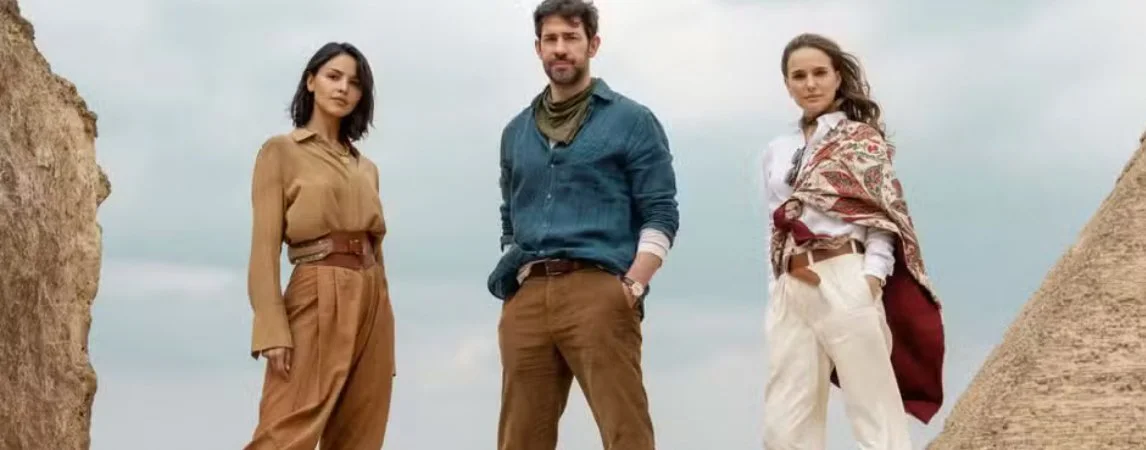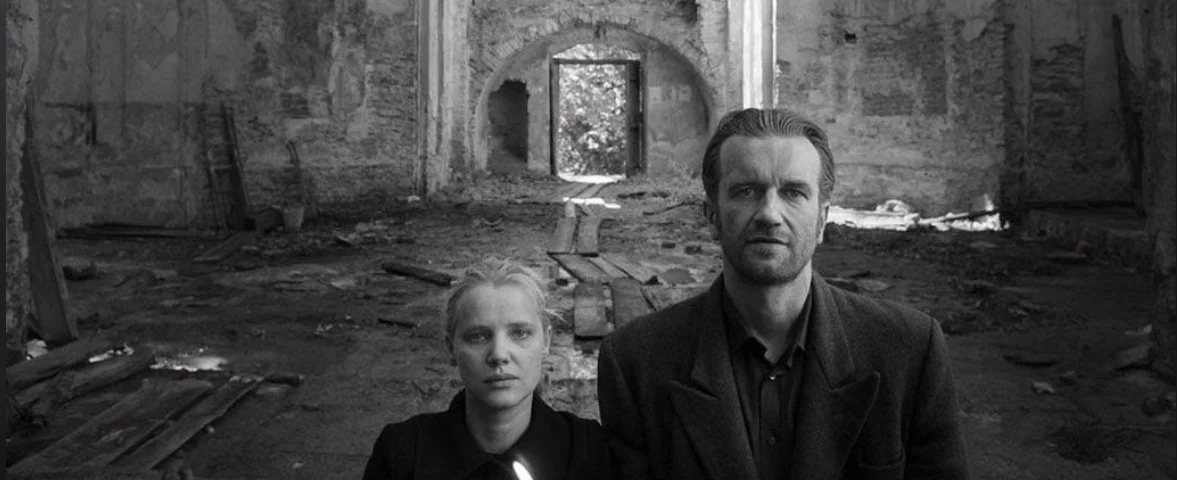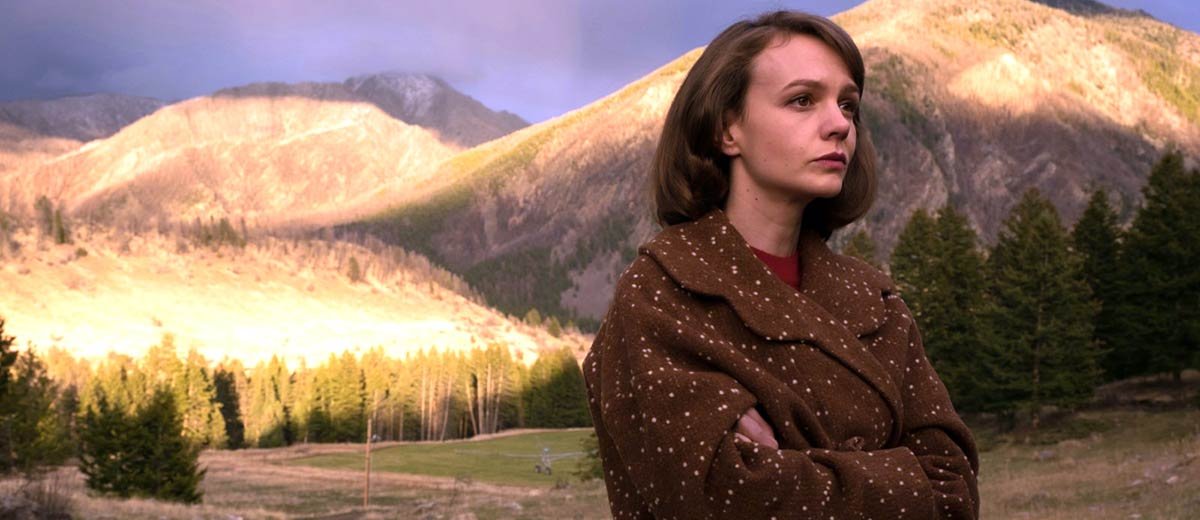Carey Mulligan wholly deserves awards attention in Paul Dano’s exquisite directorial debut “Wildlife.” As Jeanette, the self-destructive Middle America housewife that tries to break free from that time’s conventions of what a married woman should and shouldn’t do, Mulligan quietly expresses disillusionment, frustration and then, unabashed self-interest of her needs over her marriage and family. But it’s done so with a grace that we empathize with her. She’s not selfish, she’s a human being whose unfulfilled. Dano’s movie rarely spells this out, but it’s all communicated through powerfully interior performances and rock solid, minimalist filmmaking.
Once she’s seemingly abandoned by her husband Jerry (Jake Gyllenhaal) who decides to go off and fight forest fires with local volunteers, all gloves are off; Jeanette ends up rebelling against a system that’s meant to perversely punish women to the ground. She starts an extra-marital affair she has with a small-town millionaire (Bill Camp), and it’s all seen through the eyes of her 14-year-old son Joe (Ed Oxenbould).
This masterfully directed and photographed picture has Dano, who worked with his partner Zoe Kazan on the mature and subtle screenplay, showing a real knack for distilled, detached framing that forces you to lean in and pay attention to the actors and all the unspoken glances and looks that speak volumes.However, it’s Carey Mulligan‘s live-wire performance as Jeanette that makes the film truly sting in ways too uncomfortable to look at but too brilliant to look away from. It’s one of the most fascinating and fully-fleshed characters you will see at the movies this year. I recently spoke to the actress about her character’s motivations, the final shot, and the parallels to today’s world. “Wildlife” is in theaters now.






